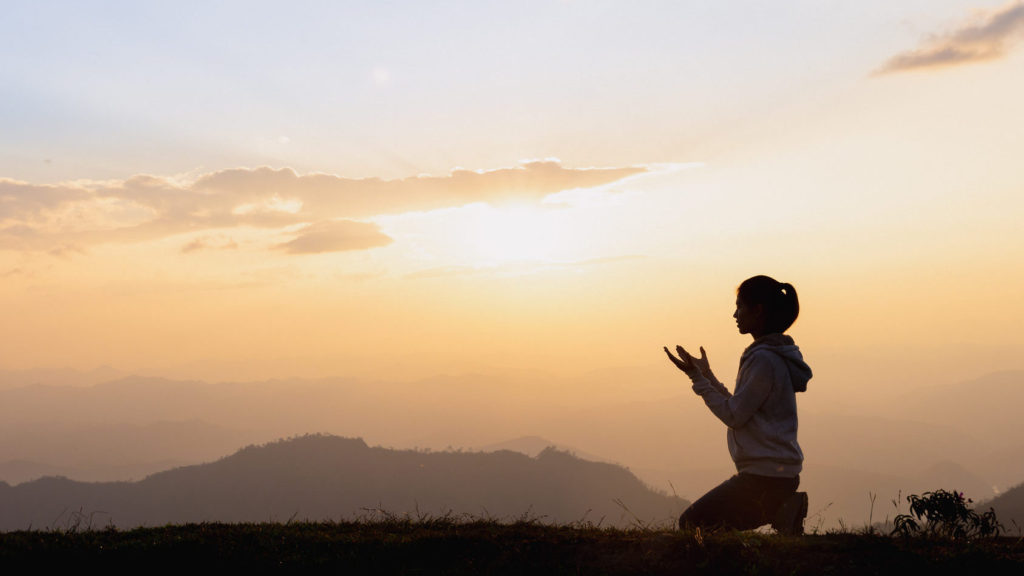
Surrender is understood as a kind of giving, of giving in, or giving up. When we surrender we give something to another, we yield or renounce it. Something that is ours becomes the possession of someone else. Two actors vie for custody or control of something that cannot be shared, something that must be renounced by one, to the advantage of the other.
Our most immediate experience of surrender is a material one. We voluntarily agree to surrender a material possession to an other who claims a right to it. We recognise this right and surrender the possession. This right might be legal, political, social, moral, or demands it by threat or actual violence to give them. A similar act of surrender sometimes takes place a without our consent. Threatened with violence or other forms of coercion we may surrender our possessions to others against our will.






